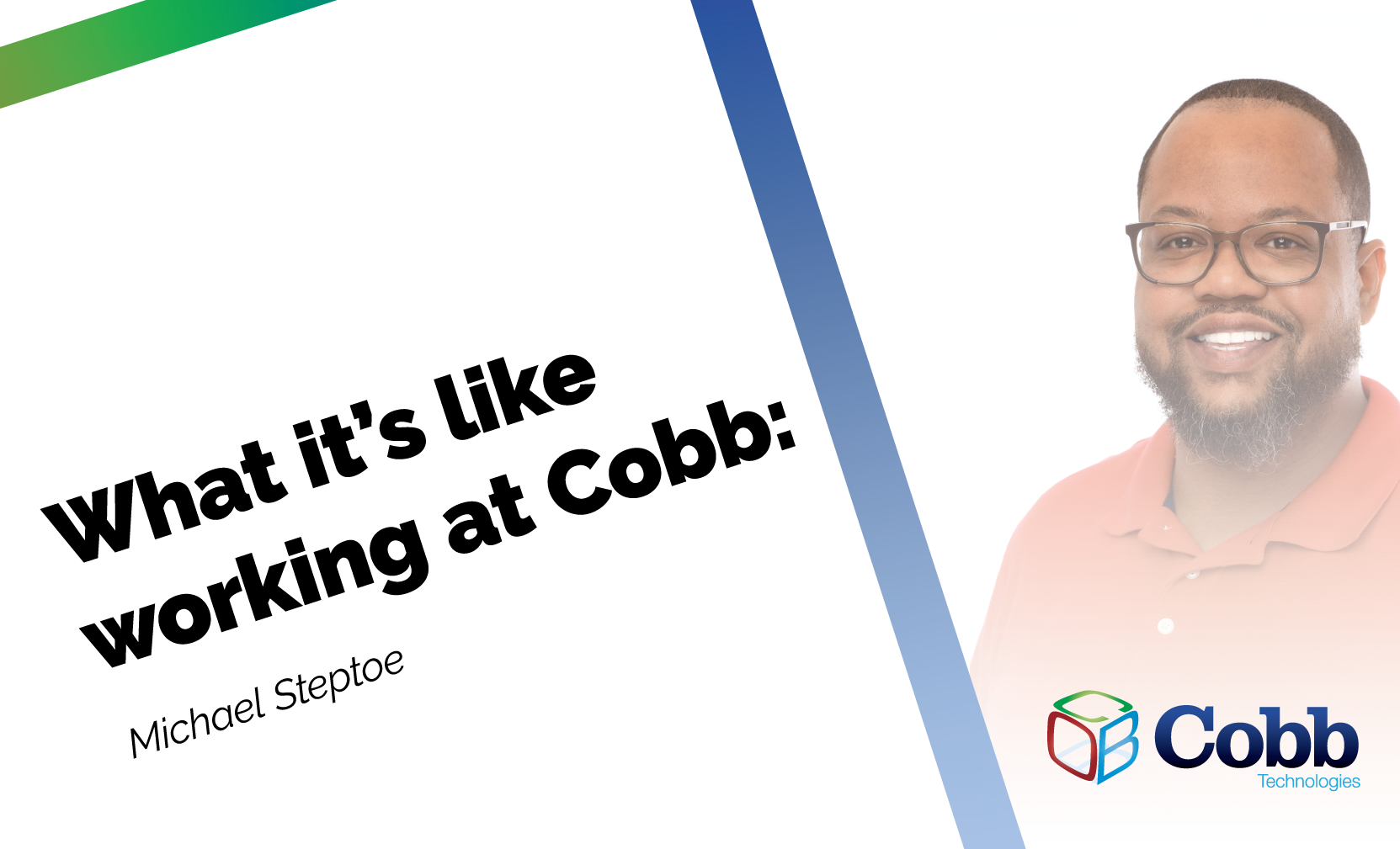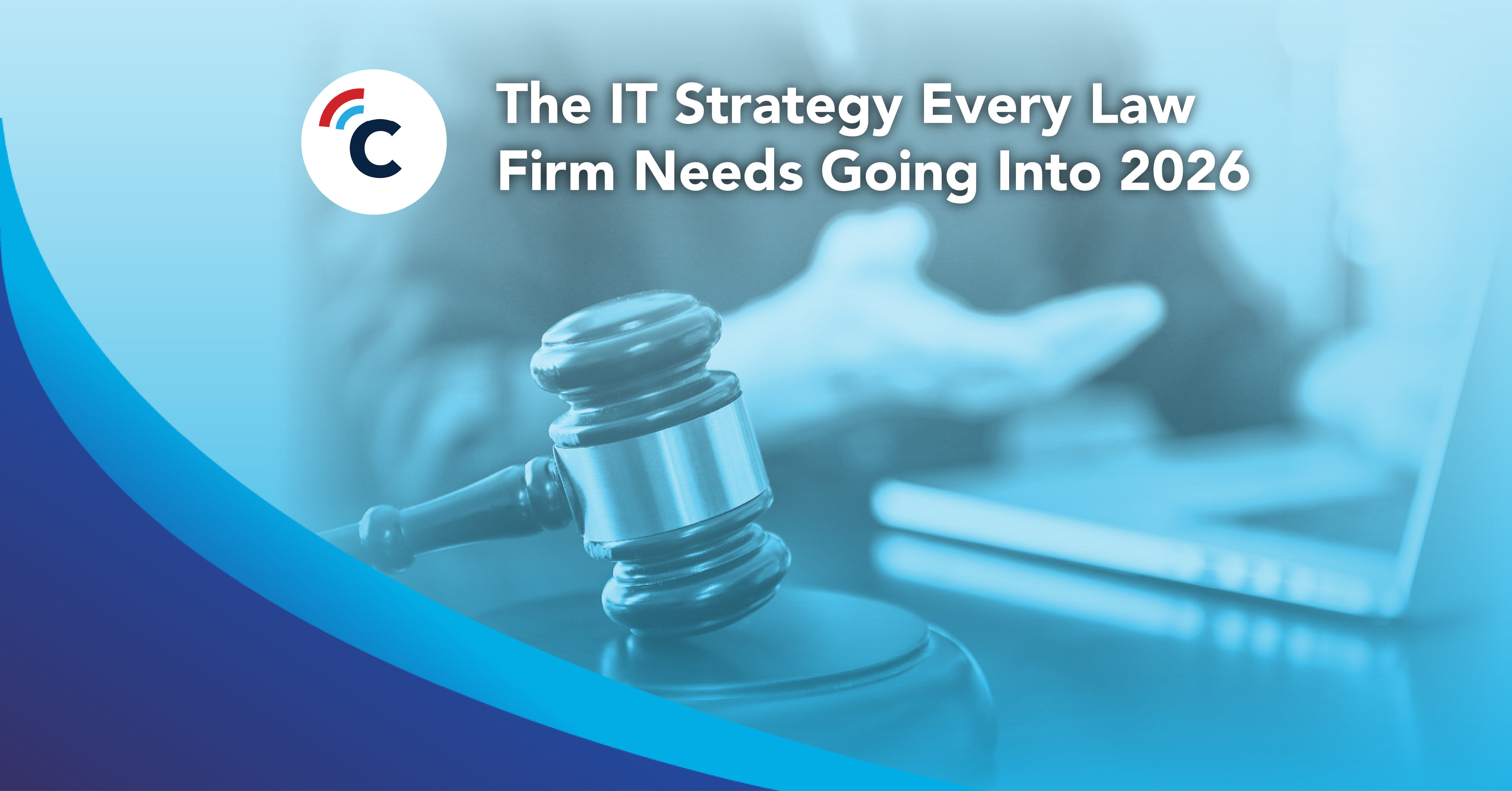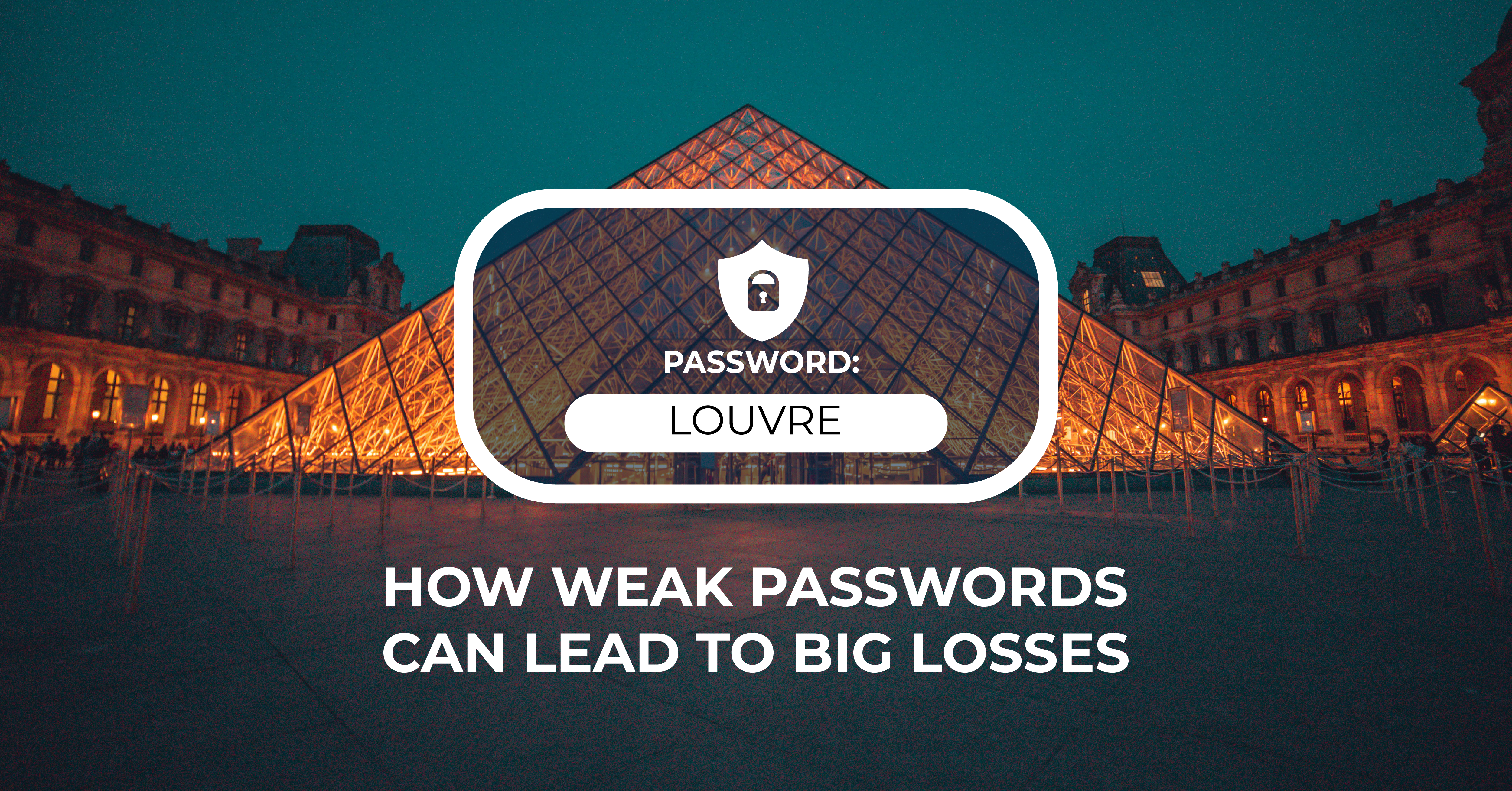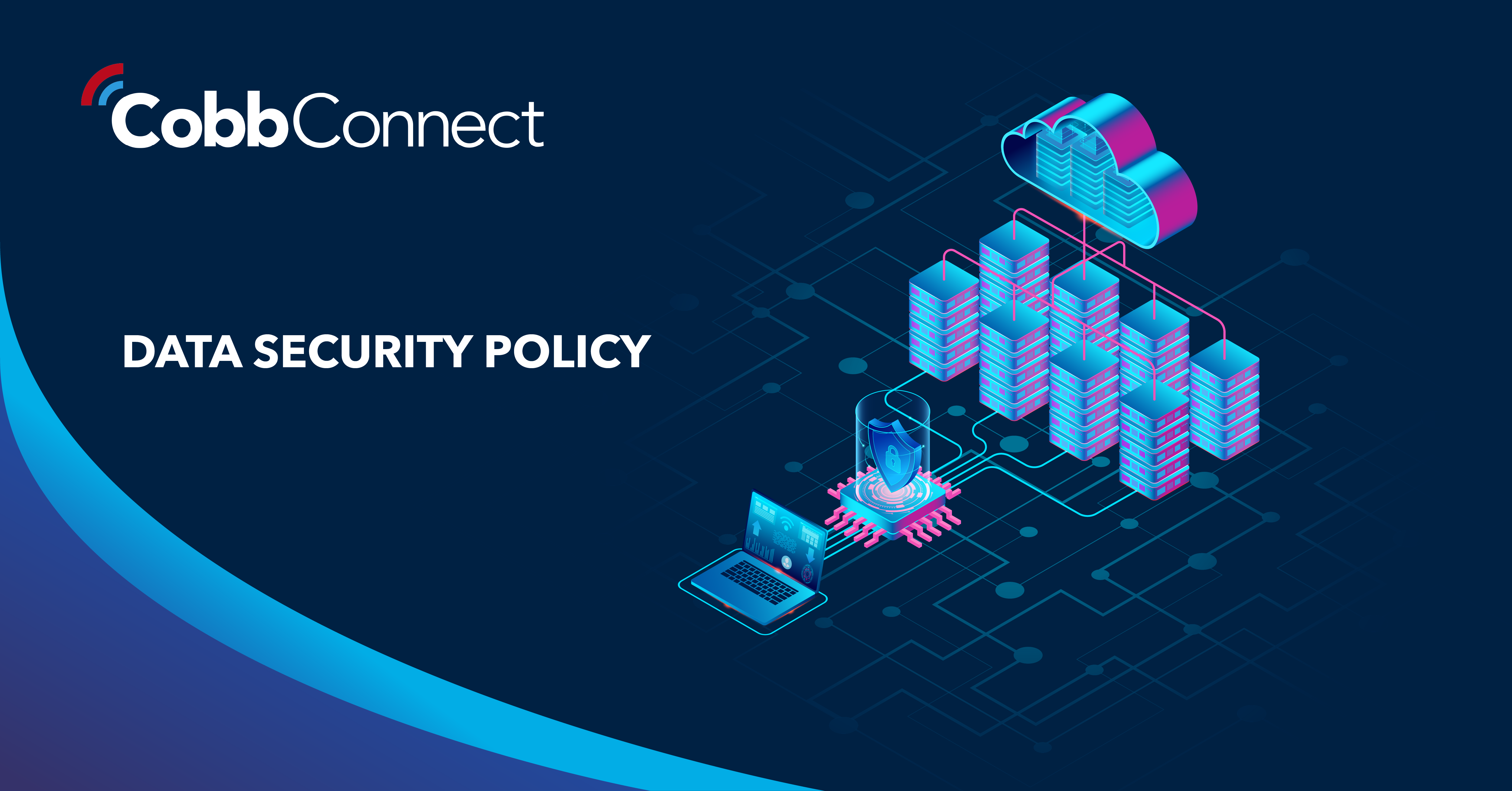11 min read
Best IT Strategies for Law Firms Going Into 2026
Why should a law firm invest in a strong modern IT strategy? Today’s legal teams depend on secure, reliable technology to protect sensitive...

Michael Steptoe is a Production Print Specialist for Cobb Technologies. Michael started his career as a technician when copiers only printed in black and white, and when technicians carried multiple copier model manuals in their service vans, used as reference when fixing machines.
Michael and I sat down on October 14th, almost two months to the day of his start date here at Cobb Technologies, to talk about his first impressions here at Cobb as a technician, a team member, and a part of the Cobb family.
When did you first start at Cobb?
I started at Cobb August 16th. I interviewed in May, but it was bad timing for me. Dwayne (a Production Print Specialist and Cobb employee) stayed in contact with me, and when my situation changed, and the time was right, I accepted the position.
And your position specializes in Production Print, correct?
Yes, that’s what I do here [at Cobb]. But you know, I’ve been an office tech for a while. I’ve also done production work on pretty much everything. Michael laughs. I just don’t know how to say “no.”
What was your interview process like?
The interview process was something I had never experienced. It was a couple of rounds. It was a regular interview with Dwayne, and then it was another interview with HR. And then it was a written assessment, and then it was the three-hour interview, where we talked about my assessment answers, which was very enlightening. I did not know that that little assessment was going to be that in depth, and that accurate. So that was definitely different.
What was the assessment like?
I wrote some answers down for an hour, and the assessment pretty much pinpointed my lifestyle. Like, how did you figure that out? Michael smiles. There was a lot that came from the assessment. When we went over my responses to some of the questions, and what that meant, and I was like, “How did the assessment pick that up? How did they do that?” Michael laughs again. Nobody’s been able to explain [how the assessment works] to me just yet — but I am very intrigued.
Are you comfortable sharing some of those realizations?
Oh, yeah. Some of the things [the assessment] picked up were that I would probably be a good supervisor, or in a leadership role. And I was like, “I’ve always thought it.” I’ve always strived to be like that, but I’ve never had the chance. People have told me in the past, but for that assessment to pick that up from my answers, I was like, “Well, that was pretty intense.” The assessment also stated that my character was good, I’m forward thinking, and that I’m good at processing things and figuring things out. And I was just like, “You know me.” Michael smiles.
Did you feel it represented you accurately as a person?
Yes, it was nice to be very accurately depicted by an assessment. And I was just like, “Can I get my wife and kids to do this?” Michael laughs. I want to get to know them better. Michael laughs again.
How many years do you have in the industry?
This past May was 20 years working on copiers and doing printing and networking. That’s basically my entire adult life! I went to tech school for electronics and telecommunications, and had a bunch of interviews right after school, and had a bunch of job offers. And something about the copier industry just kind of spoke to me. I wanted to try it, to see what happened. That was twenty years ago. I think I found my niche. I like taking stuff apart and putting it back together. And I like the interaction with the customer. It got comfortable, and I like it. It’s not something that you have to change careers if you want to learn something else: you can just go after another aspect of the copier industry. There’s a lot of facets.
I started in the digital boom, back at the beginning of what we now see copiers doing every day as usual. I got to watch the progression from black toner only to full color — that was huge. Not a lot of people were doing color, because it was super expensive back then. And as the years have gone on, color has become less expensive, and the demand for color has skyrocketed. It’s not as much black and white anymore. So, it was interesting to see that transition.
It's interesting to see how far things have come from just that aspect of it. And then watching the machines grow and watch as production machines came into play. It’s interesting to see a machine that can do 130 pages a minute in color. That’s pretty cool. On the bigger boys, they can do 330 pages a minute in color. Michael chuckles. That’s when it gets interesting. It’s a sense of pride to be like, “I work on that. I make that work.” It’s a fun thing.
How do you keep up with all of those changes?
Training is key. And, a lot of it is repetition. It’s just doing it over and over from place to place and developing a skill set towards what you’re working on. Here at Cobb, we sell multiple brands. So, it’s all about learning the niches of this brand, and this machine. And that keeps it interesting, because you can see the exact same problem, and there are five thousand different ways to fix that problem. Because each machine is different. Each environment is different. So, it may look similar to what you’ve seen before, but the fix for it is something you didn’t do before. It keeps you on your toes. It makes it interesting.
In this industry, technology has gotten better. When I started, you had to carry crates of books and magazines, because they didn’t give us laptops. They didn’t give us things like that. I mean, when I started in the industry, my mode of communication was a Nextel and a pager. And as time’s gone on, of course, now we have iPhones and laptops. [We went] from carrying crates filled with books, to just carrying parts, because everything’s on a laptop.
Back then, if you had a question, you had to run out to your van, look through a box for a particular book, look through the book, and try to find what you needed in the parking lot before you went back into the account. If you couldn’t find what you were looking for, you had to call someone who had the book, and ask if they could look it up for you. Now, you just Google it.
I like it, I have fun with it. Michael laughs. Obviously, I’ve been doing it for many years, so I must like it. Or I’m a glutton for punishment - one or the other — take your pick. He laughs again.
Do you find that Cobb provides you with enough training to keep up with those changes?
They do. I mean, I’ve been here for two months. And I’m going to my first training class next week. There’s a lot of in office training that we do, and working with Joe, Rory, Dwayne, and Scott (Cobb Technologies Service Technicians), and between them, there’s probably 100 years of industry experience. [If I don’t know something], I’m not afraid to ask. And they’re not afraid to tell me. Everybody here works together. No one says, “That’s your problem, you figure it out.”
Because I worked in corporate cultures before I came here, this is very different from what I’m accustomed to. Corporate versus dealer, from what I’ve noticed, is that corporate is just all about numbers. They don’t really care too much about you, you as the individual. Where coming to a dealership, it’s smaller, the people are closer knit. It’s really a family organization [at Cobb].
Here, you see the president, you see all the VPs all the time: and at my corporate job, in Northern Virginia, all the people in charge, the CEO of the corporation, were in New Jersey. I never saw them, never talked to them. Here, we can literally go down the hall, and say “hi!”
That’s different for me. I like it, it’s a nice change. You can talk to anybody directly. In corporate, there’s a chain. You start at the bottom of the chain, and then it goes up, and then it comes back down to you. Here at Cobb, you can go directly to the source. I’m still getting accustomed to it. I’m still learning it’s okay to see your VP of service and actually talk to him. Yeah, it’s been nice. At this point in my career, it’s nice to be validated. And somebody actually hears you and responds to you. Everyone’s very helpful.
How was your first day?
Michael smiles. That was different than a lot of places. I’ve never gotten special treatment like that before. It was a whole meeting for a whole day, where you got to hang out and see behind the curtain and mingle and it was just like, “Wow, you really do care about your employees.” So that was something new to experience for me. Like I said, I come from corporate, I never got the welcome mat rolled out like that before. Everyone here is really nice, and I can see why. Everybody I meet here, other than new hires, has been here for a while. So that’s always nice. At corporate, it’s like a revolving door: people come in, and people go out. It’s nice to know that there’s people working for a company where people actually work at for a couple of years, or even longer.
What were some of the things you did on your first day?
We went to Top Golf. I am bad at golf — whenever I hit it, it sounds nice, but then it just goes nowhere. Or goes to the left or to the right. But it’s intriguing to say the least, and golf is kind of fun. But it was cool, because on my Ambassador Day (the name Cobb uses for new employee’s first day) it was raining, but we were still able to play golf. That was cool. Everyone got a little competitive. Everyone made it more fun, and there was a real baseline to enjoy yourself and get to know people in a comfortable environment.
At my old job, my first day of work was “here’s your supervisor, here’s your senior tech, now get to work.” And that was it.
What did you think about the Cobbies? (The annual company-wide employee appreciation event)
It blew my mind. I’ve got to say, the last time I experienced anything like that was at my last dealership job 15 years ago. I didn’t know people still did that kind of stuff. It was so cool. I was just like, “Wow, this is nice.” I can tell Cobb really does care about their employees. I look forward to it next year. At corporate, we barely had a luncheon every year.
Do you have any advice for technicians who are thinking about applying to Cobb?
It’s worth giving it a shot. Before you say “no,” know that it’s a good place to start your career. It’s a good place to come in the middle of your career. And from what I can tell it’s a good place to come if you’re toward the end of your career. Overall, it’s a good experience. I think Cobb provides a good experience for a technician because you’re supported all around. You know your dispatch is in the building, your set up team is in the building, everybody is reachable.
They’re open for communication. I haven’t started running my own service calls yet, but I’ve experienced it with the technicians I run with that they call for help. And the person on the other end of the call will be like, “Oh, well I need to see that problem. I can come now, or I could come help tomorrow.” Here, technicians are willing to work with each other and not against each other. That’s new for me.
At corporate, it was a numbers game, and each tech wanted better numbers than you. Here, we’re still evaluated, but nobody is trying to outshine anyone else. We’re all working together for a common goal, which is fixing the equipment and keeping the customer happy. I like that aspect. For me, as someone whose been doing this for 20 years, it’s nice to have a real support system. It’s not just talk. They really show up, they’re really here for you, and I’ve noticed that in just two months.
It’s definitely something to think about. If you’re on the fence, try applying and see what happens.

11 min read
Why should a law firm invest in a strong modern IT strategy? Today’s legal teams depend on secure, reliable technology to protect sensitive...

2 min read
The Louvre’s password became the punchline of a global story after a heist revealed major security concerns for the museum. Reports say the password...

6 min read
Organizations of all sizes handle enormous volumes of data. Data is one of the most valuable assets of any organization.Unfortunately, it’s also a...